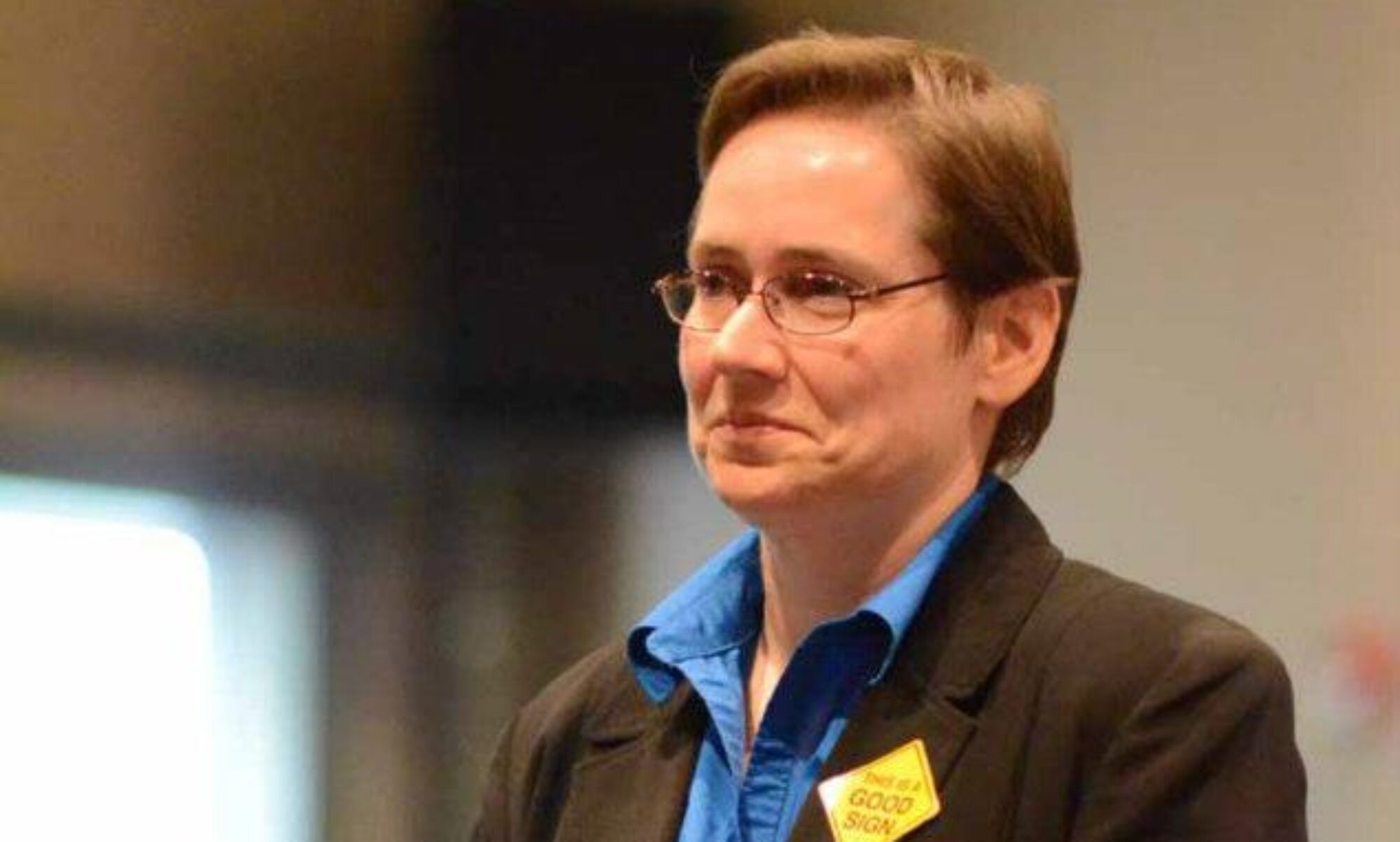Lesson 121: Forgiveness is the key to happiness.
Who am I without my grievances? I used to make a pretty good living writing for a blog about the intersection between religion and politics. One of my fellow writers questioned if I was really human because I could spit out scathing opinion articles in the blink of an eye. I knew who the enemies were, where the bodies were buried, and how to cover you in so many logical arguments it would leave you sputtering.
A Course in Miracles ruined all of that.
Now, I find it hard to form a cogent political and religious argument. It’s not that I can’t. Given the time and effort, I certainly could recapture my arguing glory days, but, now, I simply don’t want to. What did all of my previous arguing do for me, other than earn some money to pay bills? I mean, that was great, but it’s not like my breathless pixelated creations really changed anything. The snarky writing and praise from those who agreed with me felt good and all, but, really, was that truly who I am? After a while, it just became too painful to continue. It really wasn’t me – not as the Course was describing the real me, anyway.
This lesson describes the false self – the ego – and how it perceives the world. The ego is the “unforgiving mind” that sees only the sins of others. It is “full of fear, and offers love no room to be itself,” this lesson says. It is sad, full of doubt, angry and chooses to live in misery.
It’s a sad state of affairs, this lesson says:
“It looks upon the world with sightless eyes, and shrieks as it beholds its own projections rising to attack its miserable parody of life. It wants to live, yet wishes it were dead. It wants forgiveness, yet it sees no hope. It wants escape, yet can conceive of none because it sees the sinful everywhere.”
I made a fairly decent living taking part in that shrieking, but there came a point when I realized that forgiveness is what’s more important. That shrieking only gets you so far until you realize, as Marianne Williamson always said, “Even when you’re right, you’re wrong.”
This lesson asks us to do what my past self would have found totally impossible – and unprofitable; spend time thinking about someone you hate, someone who drives you nuts, and see the light in them. Be careful, though. This lesson is not asking you to think of all the grievances you have against this person. It’s not asking you to lay out the things you find unforgivable. It’s simply asking you to picture them. See them in your mind’s eye and keep looking at them there until you can see even the faintest glimmer of light emerge from them.
We’ve spent a lot of time already learning about how we are the Light of God embodied in flesh suits, and if it’s true for you, then it’s equally true for those you detest. They, too, are Holy light captured in bodies. Some of us bury that light deeper than others, but it’s there, just waiting for us to recognize it, no longer fear it, and embrace it.
The person I picked is well known, of course. He’s on the TV regularly making statements that make many of us either cringe, cry or seethe with rage on Facebook and Twitter. He bears the mark of divine light, no matter how much he may deny it or be completely oblivious to it. It’s our duty to see it for him and remind him that it’s there – and remind ourselves that it is there.
Again, it’s not a call to stop working against the damage this particular person does every day in the world. Instead, it’s a call to forgive him for his thoughtless words and deeds, and from that place of forgiveness, find effective ways to counter his thoughtless and harmful words and deeds. We can either add more rage to the world, or more forgiveness. The choice really is ours.
The next step is to take that glimmer of light you’ve seen in your “enemy” and transfer it to someone you love. Seeing your enemy’s light reflected within a loved one reminds us of the whole truth: There’s only one of us here.
We’re all playing our role in this bodily world. We’re all here as teachers and students. Honor everyone for the role they play in teaching you how to remember who you really are so we can all return to the home we’ve never left within the realm of God.
As Hafiz says, we’re all here to recognize our divinity, and allow it to ruin our egoic lives. He writes:
Word spread about something her eyes whispered
and many gathered to receive her great gifts
when her gaze turned their way.
And it did, that gift they did receive.
For she looked upon all who came close to her
as if she were seeing God.
What the sun in the sky does for the earth
giving life as it does
so can the eye bestow to the heart
when it caresses a face out of recognition.
Who then does not know a moment of happiness
that they can share with another?
And more than that
because of gratitude.
Photo by Paweł Czerwiński on Unsplash


A meaningful post for me this morning as I, again, try to let something go… or at least to let it be. You are a light, and I know the light is in me, too, and even in the thing that hurts.